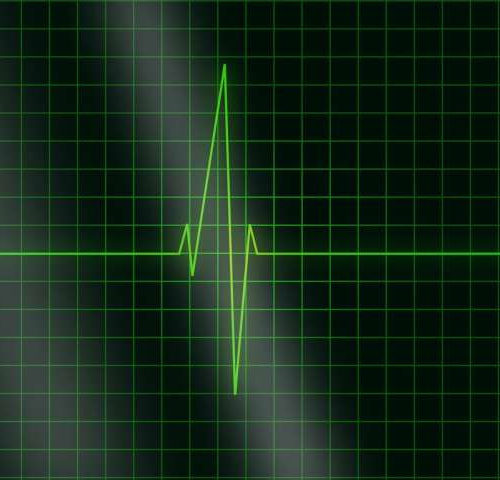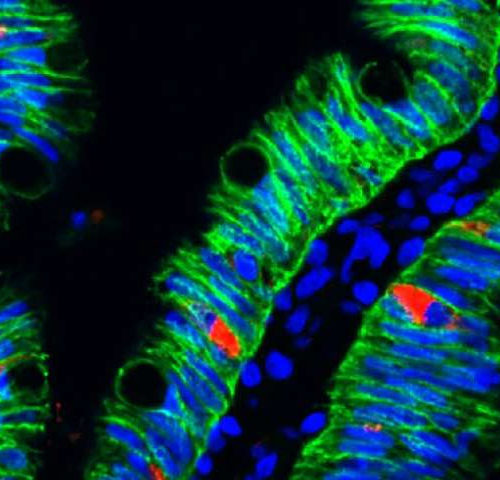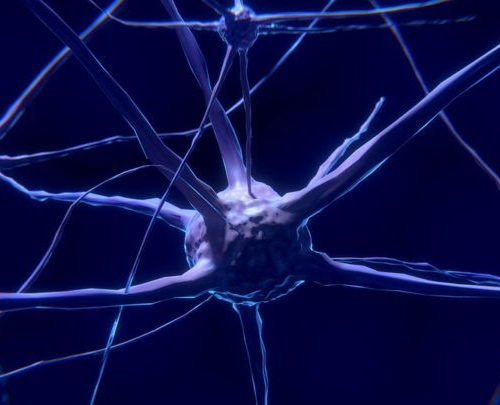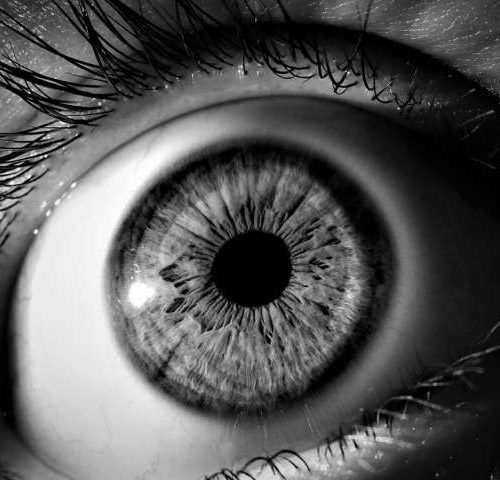by Eric Hamilton, University of Wisconsin-Madison Hypertrophic cardiomyopathy is the most common inherited heart disease, marked by an abnormally thickened heart muscle that can obstruct blood flow and lead to sudden death in young adults. A dizzying array of over 1,400 genetic mutations can lead to the disease, puzzling doctors on how to treat so many...
Playing video games as a child can improve working memory years later: study
by Universitat Oberta de Catalunya A number of studies have shown how playing video games can lead to structural changes in the brain, including increasing the size of some regions, or to functional changes, such as activating the areas responsible for attention or visual-spatial skills. New research from the Universitat Oberta de Catalunya (UOC) has gone further...
Scientists identify hormone that might help treat malabsorption
by Cincinnati Children’s Hospital Medical Center A human intestinal organoid with enteroendocrine cells (red) embedded within the intestinal cells of the HIO (green). Scientists at Cincinnati Children’s used human intestinal organoids grown from stem cells to discover how our bodies control the absorption of nutrients from the food we eat. They further found that one hormone...
Diabetes dramatically reduces the kidney’s ability clean itself
by Medical College of Georgia at Augusta University Drs. Zheng Dong and Zhengwei Ma, MCG research associate and the study’s first author. Credit: Kim Ratliff, Augusta University photographer The kidneys often become bulky and dysfunctional in diabetes, and now scientists have found that one path to this damage dramatically reduces the kidney’s ability to clean up after itself....
Targeting the treatment of autoimmune diseases
CHARITÉ – UNIVERSITÄTSMEDIZIN BERLIN A team of researchers from Charité – Universitätsmedizin Berlin and the Deutsches Rheuma-Forschungszentrum (DRFZ) Berlin, a Leibniz Institute, have successfully treated two patients with the autoimmune disease systemic lupus erythematosus. Using daratumumab, a monoclonal antibody which targets specific immune cells known as plasma cells, the researchers were able to modulate the abnormal immunological memory processes...
Parkinson’s disease is not one, but two diseases
AARHUS UNIVERSITY Although the name may suggest otherwise, Parkinson’s disease is not one but two diseases, starting either in the brain or in the intestines. Which explains why patients with Parkinson’s describe widely differing symptoms, and points towards personalized medicine as the way forward for people with Parkinson’s disease. This is the conclusion of a...
Genetic Study Uncovers Mutation Associated with Fibromuscular Dysplasia
Understanding of fibromuscular dysplasia (FMD), a rare blood vessel disease, is making the jump from the laboratory to the clinic with new findings of a genetic variant. Researchers found the mutation in a gene that is associated with classical Ehlers-Danlos Syndrome as well, in multifocal FMD. That means it could help clinicians understand whether a person...
The Aging of Macrophages Impairs Peripheral Nerve Regeneration
Macrophages of the innate immune system, cells derived from monocytes, are involved in many processes in tissue beyond merely hunting down invading pathogens. They are also important to the processes of tissue maintenance regeneration following injury. Like all aspects of the immune system, macrophage behavior becomes dysregulated with age, a consequence of changes in the signaling environment that result from the accumulation...
Promising Alzheimer’s biomarker detected in eyes for the first time
By Rich Haridy, September 21, 2020 A protein associated with neurodegeneration, previously detected in blood samples, has now been found in eye fluid A protein, previously found to be an effective blood-based biomarker of neurodegenerative diseases such as Alzheimer’s, has for the first time been detected in the eye. The discovery lays the foundation for...
How night vision is maintained during retinal degenerative disease
by eLife New insight on how people with retinal degenerative disease can maintain their night vision for a relatively long period of time has been published today in the open-access eLife journal. The study in mice suggests that second-order neurons in the retina, which relay visual signals to the retinal ganglion cells that project into the brain, maintain their activity...






